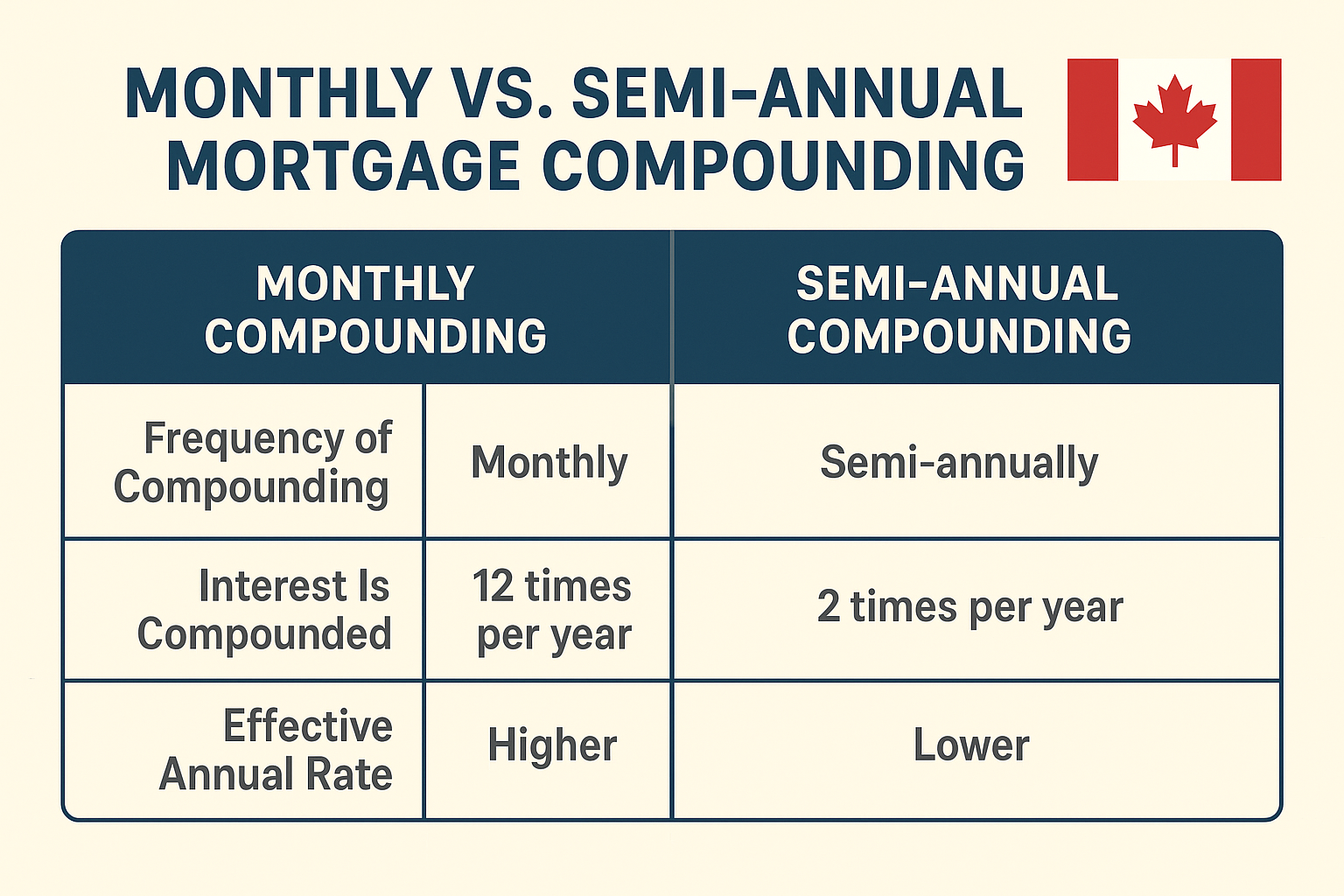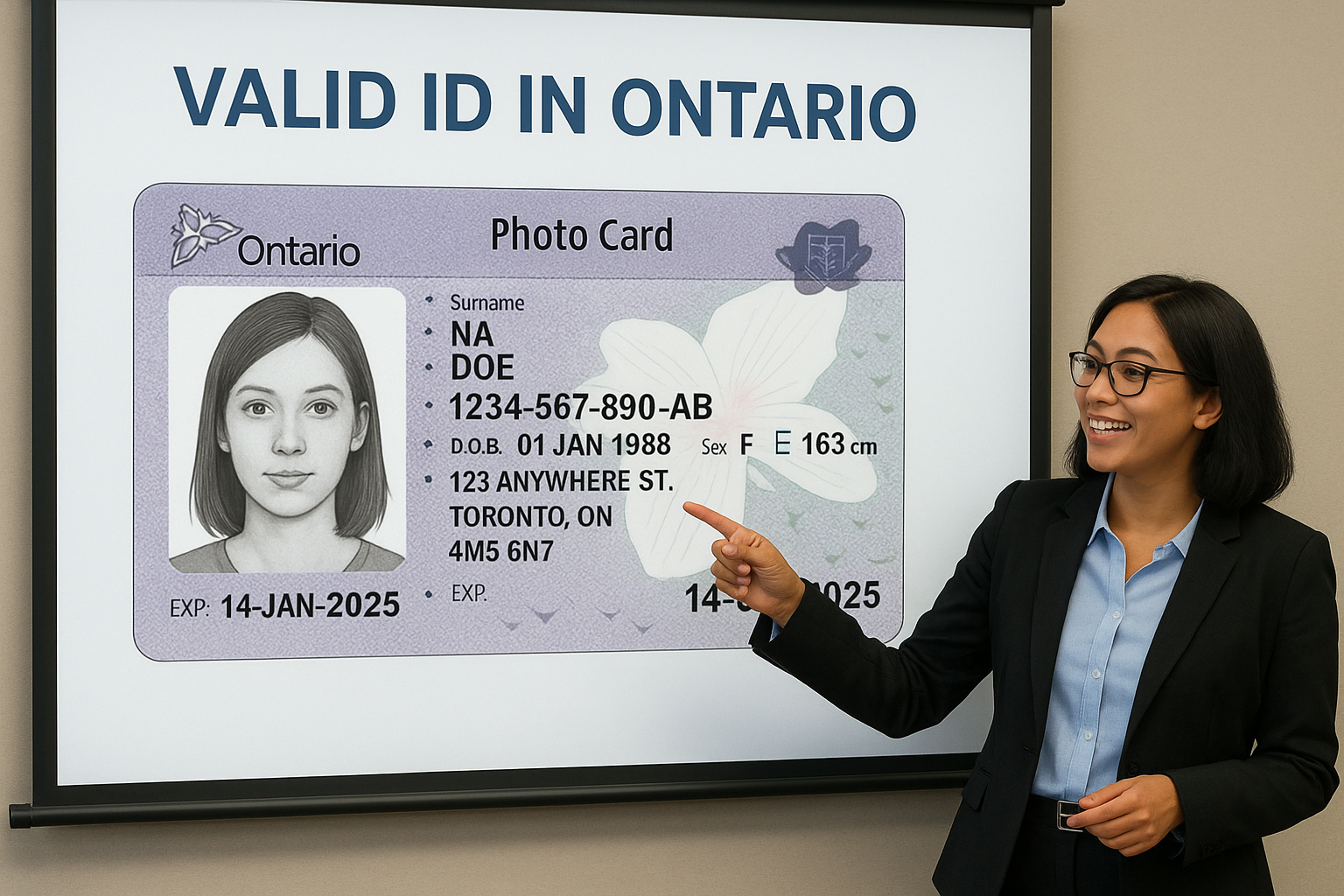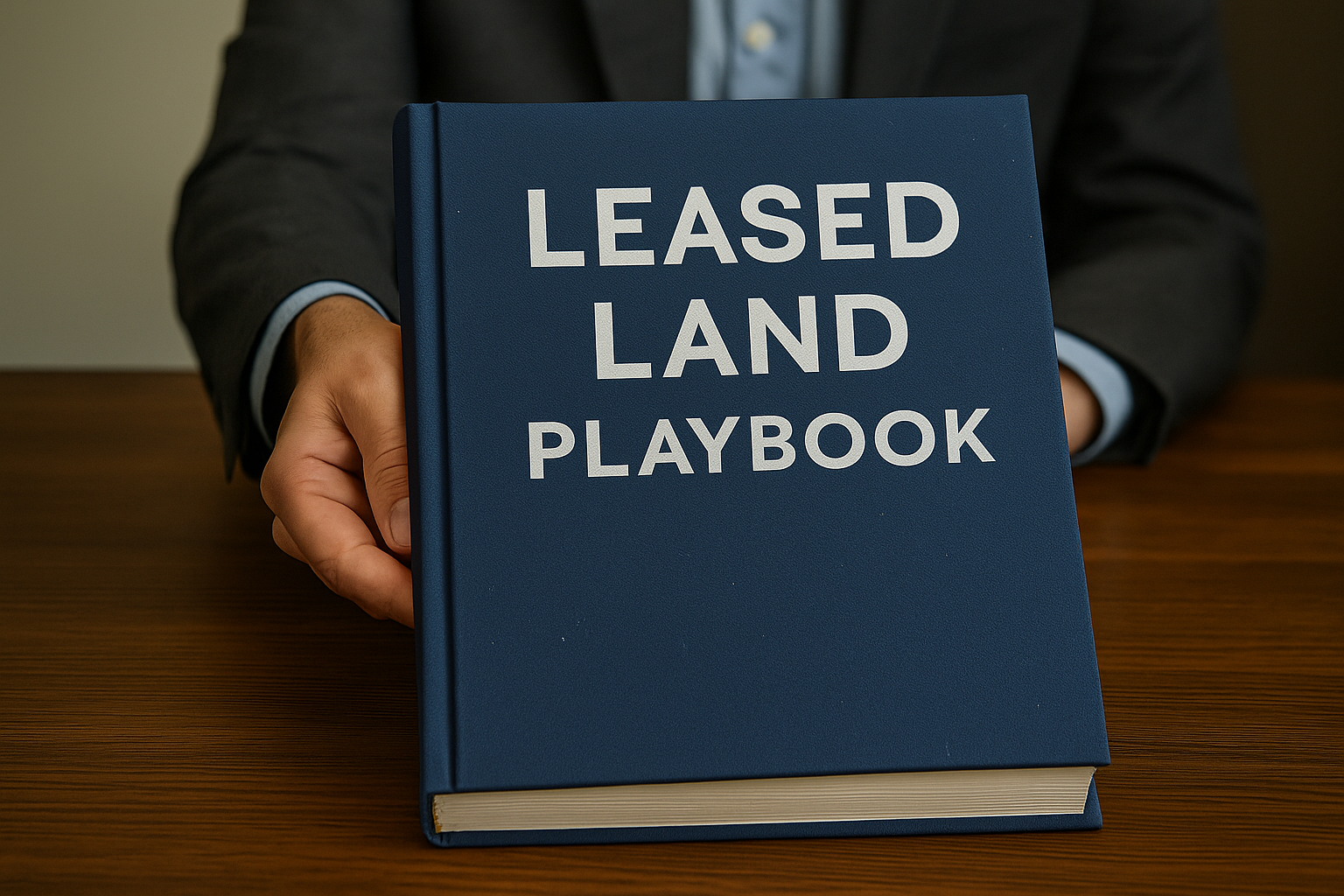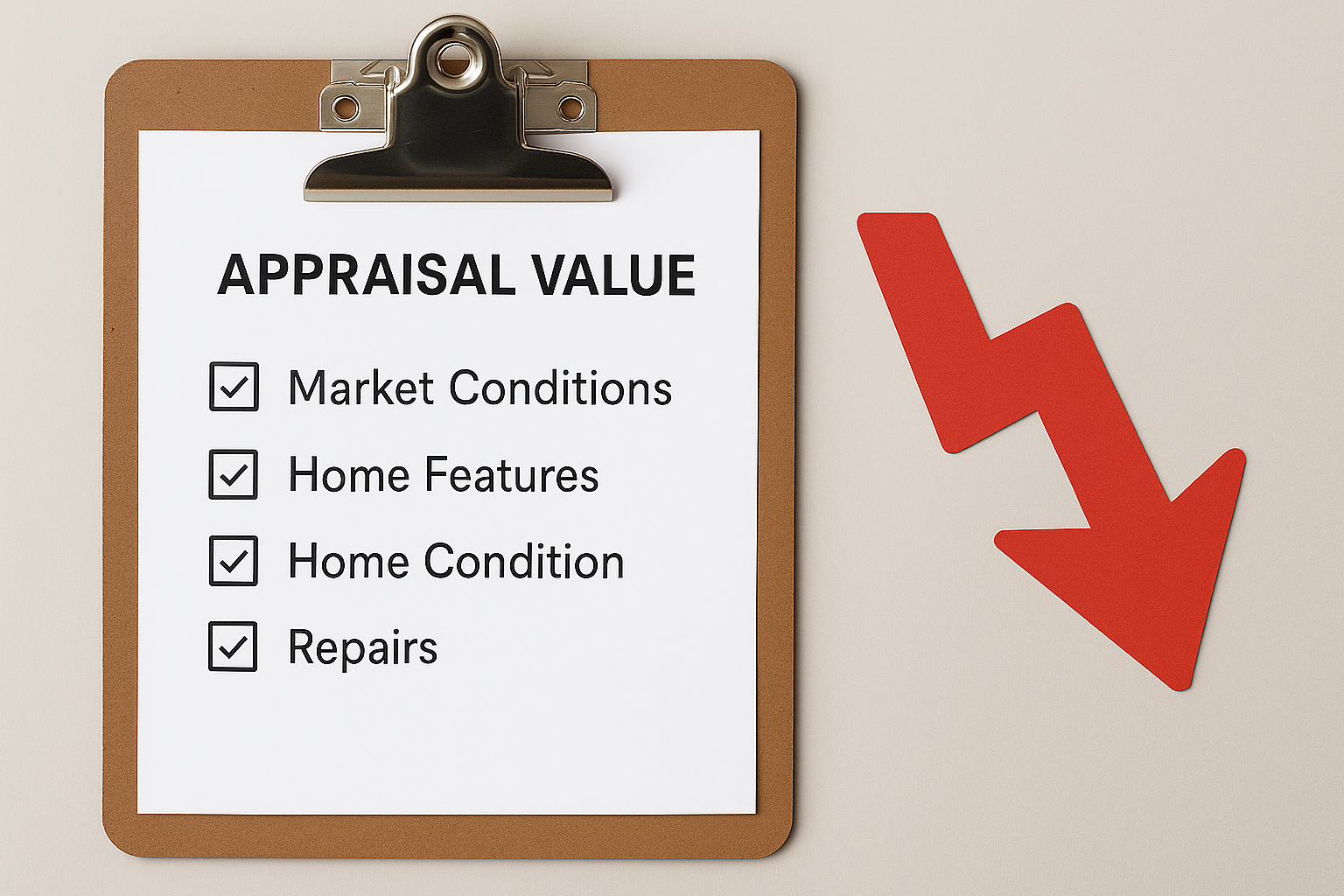Table of Contents
ToggleBest Loans to Help Consolidate High-Interest Debt in Canada
Setting The Stage
High-interest debt can be a heavy burden for many Canadian homeowners, affecting their financial stability and quality of life. Whether it’s credit card debt, personal loans, or lines of credit, managing multiple high-interest payments can become overwhelming. Fortunately, debt consolidation can provide a way to simplify finances, reduce interest rates, and regain control over monthly expenses. This guide will help you understand the best loans available to consolidate high-interest debt in Canada, the benefits, and risks, and how you can find the right solution for your needs.
What is Debt Consolidation?
Debt consolidation is the process of combining multiple high-interest debts into a single loan with a lower interest rate. This can help simplify payments, reduce overall interest costs, and provide a clearer path to becoming debt-free.
There are various ways to consolidate debt, including personal loans, home equity loans, mortgage refinancing, and Home Equity Lines of Credit (HELOC). The choice between secured and unsecured loans is crucial when considering debt consolidation. Secured loans, like those backed by home equity, generally offer lower interest rates but involve putting your property at risk, while unsecured loans carry higher rates but no collateral.
Benefits of Debt Consolidation for Canadian Homeowners
Debt consolidation can provide multiple advantages for Canadian homeowners:
- Lower Interest Rates: By consolidating high-interest debt like credit cards or payday loans into a single loan, you can often secure a significantly lower interest rate. This means more of your payments go towards the principal balance, helping you reduce your debt faster.
- Streamlined Monthly Payments: Instead of keeping track of multiple payments with varying due dates and interest rates, you have just one manageable payment each month. This can relieve stress and improve your financial planning.
- Improved Credit Score: Consolidating debt can improve your credit score if managed correctly. Paying off high-interest credit cards can lower your credit utilization ratio, which is a major factor in determining your credit score.
- Example: Sarah and John, a couple from Whitby, Ontario, were overwhelmed by their credit card bills, which carried interest rates upwards of 20%. By consolidating their debts using a home equity loan, they were able to reduce their monthly payments by 30%, allowing them to focus on other financial goals.
Types of Loans to Consolidate High-Interest Debt
Personal Loans
Personal loans are one of the most popular methods to consolidate high-interest debt. They are usually unsecured, meaning they don’t require collateral, and can be obtained from traditional banks, credit unions, or online lenders.
- Pros: Fixed interest rates, predictable monthly payments, and straightforward qualification.
- Cons: Interest rates may be higher if you have a low credit score, and loan amounts are usually smaller compared to secured options.
Home Equity Loans and HELOC
If you own a home and have built up equity, a Home Equity Loan or HELOC can be a great way to consolidate debt. These loans use your property as collateral, which means lower interest rates compared to unsecured options.
- Benefits for Homeowners: You can borrow a larger amount, often at much lower interest rates. However, it’s important to consider that your home is at risk if you cannot keep up with payments.
- Example: Sarah and John used a HELOC to pay off their high-interest credit cards, saving thousands in interest costs over time.
Mortgage Refinancing
Another option for homeowners is to refinance their existing mortgage and take out additional funds to consolidate debt. Mortgage refinancing can provide access to a significant amount of money at a relatively low interest rate, especially if current market rates are favourable.
- When It’s a Good Choice: This is ideal for those who can secure a lower interest rate than their current mortgage rate and are comfortable extending their mortgage term.
Debt Consolidation Loans from Private Lenders
Private lenders can offer debt consolidation loans, especially to individuals who may have trouble qualifying with traditional banks due to poor credit.
- Considerations: These loans may come with higher interest rates, but they offer a viable option for those who need a fast solution and may not qualify elsewhere.
Qualifying for a Debt Consolidation Loan
To qualify for a debt consolidation loan, lenders will typically consider the following factors:
Credit Score Requirements
Your credit score plays a key role in determining your eligibility for a debt consolidation loan. Traditional lenders like banks often require a good credit score, while private lenders may be more flexible.
Debt-to-Income Ratio
The debt-to-income (DTI) ratio is an important factor. Lenders want to ensure that you can handle the new loan payments in addition to your current living expenses.
Equity in Your Home
If you’re using a home equity loan or refinancing, lenders will evaluate your loan-to-value (LTV) ratio to determine how much equity you can borrow against. A lower LTV ratio is preferable as it reduces the lender’s risk.
- Example: Beth and Mark had a high DTI ratio, which made it difficult for them to qualify for a traditional loan. However, by using the equity in their home, they were able to secure a HELOC to consolidate their debt.

How to Choose the Right Loan for You
With multiple options available, it’s important to choose the loan that best fits your financial situation:
- Compare Interest Rates and Terms: Look for the lowest rate and the most favourable repayment terms. Personal loans typically come with fixed rates, while HELOCs might have variable rates.
- Understand Fees and Penalties: Some loans come with origination fees, and others may have penalties for early repayment. Understanding these costs upfront can help you avoid surprises.
- Assess Financial Goals: Are you looking to reduce monthly payments, pay off your debt faster, or both? Knowing your goals will help you choose the most appropriate option.
Potential Risks and Drawbacks of Debt Consolidation
While debt consolidation offers many benefits, it also comes with some risks:
- Using Home Equity: Consolidating debt using home equity can be risky if you fail to make payments. You could lose your home in a foreclosure if you default.
- Falling Back Into Debt: Consolidation may free up credit card balances, leading to the temptation to incur new debt. Without discipline, you may end up in a worse financial situation.
- Penalty Fees: Some loans come with early repayment penalties or origination fees that can add to the cost of consolidation.
Tips for Successful Debt Consolidation
- Create a Budget: Having a clear budget can help you stay on track and prevent overspending.
- Avoid New Debt: Resist the temptation to use your newly freed-up credit for more spending.
- Work with a Financial Advisor: Professional advice can help you make informed decisions that align with your long-term goals.
Real-Life Example: Sarah and John’s Debt Consolidation Journey
Sarah and John successfully consolidated their high-interest credit card debts into a single low-interest HELOC. By sticking to their budget and avoiding new debts, they paid off the HELOC within five years, ultimately improving their credit score and reducing their financial stress.
Conclusion: Is Debt Consolidation Right for You?
Debt consolidation can be a powerful tool for managing high-interest debt, simplifying payments, and achieving financial freedom. However, it’s important to assess your financial situation and choose the right loan option for your needs. Whether you choose a personal loan, HELOC, or mortgage refinancing, the key is to stay disciplined and committed to paying off your debt.
If you’re ready to take the next step towards financial freedom, contact the team at LendToday for fast and reliable solutions. Our professionals are here to assist you in exploring the best options to consolidate high-interest debts and improve your financial future.
Apply To Consolidate High-Interest Debt
- Title Insurance: Proven Homeowner Protection in 2025 - July 8, 2025
- ID Requirements for a Mortgage in Ontario: What You Need to Know - July 2, 2025
- Low Appraisals: Steps Canadian Homeowners Can Take - June 27, 2025






